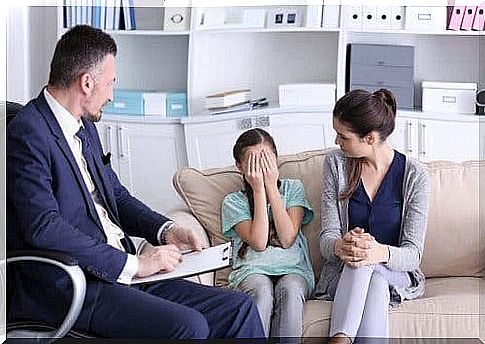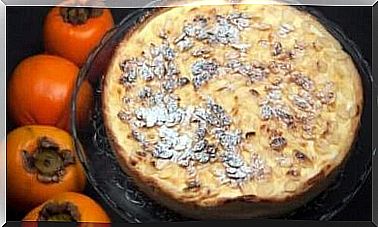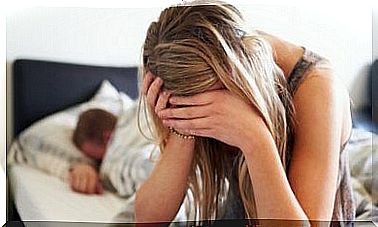Opposition Disorder In Children: Symptoms And Treatment

Opposition disorder is a problem diagnosed in childhood. As its name suggests, it is characterized by negative and defiant behaviors. The affected child is uncooperative, irascible and annoyed by the people around him, whether it is his parents, schoolmates, teachers or even friends.
If you suspect that your son or daughter is suffering from opposition disorder or has already received this diagnosis, read on. In today’s article, we will present this disorder in detail and explain what steps you need to follow to treat it.
Does your child suffer from opposition disorder?
This behavioral disorder affects between 1% and 16% of schoolchildren. Boys seem to be more susceptible than girls. However, we must distinguish between cases in which the symptoms occur in an alarming manner and those in which they are only temporary (for example, when the child is hungry or sleepy or when he feels stressed or exhausted).
Opposition-challenging behaviors tend to be more common in children between the ages of two and three, which is a period of transition. But it is very important not to ignore such behavior if the opposition and defiant attitude is recurrent.
Treatment is necessary only when the learning process is difficult or opposition behavior disrupts school activity or interpersonal relationships.
The most common symptoms of opposition disorder

Affected children may experience the following symptoms:
- Anger and fits of anger
- Constant quarrels with the people around them
- Questioning the words of adults and refusing to listen to them
- Annoying others and hypersensitivity when others annoy them
- Cold and disrespectful language
- Revengeful attitudes
How is opposition disorder treated in children?
1. Get a correct diagnosis
First, the opposition disorder can be easily confused with other behavioral disorders. Therefore, if the symptoms described above occur frequently, you and your child should consult a specialist. Only a medical professional can make a correct diagnosis. Then you will be able to start thinking about the next steps.
Parents and teachers can, in most cases, identify the symptoms of the opposition disorder on their own. But a psychiatrist or other mental health specialist should also evaluate the child. This he will review medical and social history and will do some tests.
2. Try a treatment focused on psychotherapy

There are various treatments for opposition disorder. A first option is represented by individual psychotherapy sessions. Cognitive behavioral therapy can be used to improve a child’s social and interpersonal skills and help him control his impulses and emotions.
At the same time, it is important for the whole family to do psychotherapy, especially the parents. Family therapy promotes conflict resolution and better communication. It can also be a source of emotional and practical support for parents who are overwhelmed by the situation.
Family therapy aims to address the underlying problem. The data collected by researchers suggest that the opposition disorder is based on behavioral patterns learned in the first years of life from important people for the child. Lack of discipline, abuse, traumatic or stressful situations and lack of family harmony are just some of the factors associated with this disorder. Parents need to keep these things in mind and keep in mind that there is no shortage of ways to help their children.
3. Do not use drugs except as a last resort or to treat comorbidities
Medications are not generally used to treat opposition disorder, as they can have side effects that endanger the child’s health. In some cases, however, your doctor may prescribe antipsychotics.
Drug treatments are recommended when the child is very aggressive, when the unwanted behavior worsens considerably or when no other therapeutic option is effective. In addition, antipsychotics can be used when the child becomes a danger to others at home or at school.
If the opposition disorder is accompanied by additional behavioral problems, the doctor may prescribe other types of medication. For example, children with attention deficit hyperactivity disorder should take stimulants, while those going through periods of depression or anxiety may take antidepressants.
The main goal of any drug treatment is to improve the quality of life of the child. But it is essential to consider the side effects of these substances.
conclusions
Both the affected child and the parents and loved ones need to make a considerable effort and adopt certain lifestyle changes to promote healing. Such mental disorders disrupt any environment and cause a constant feeling of helplessness. But with proper treatment and a positive attitude, the opposition disorder can be defeated.









